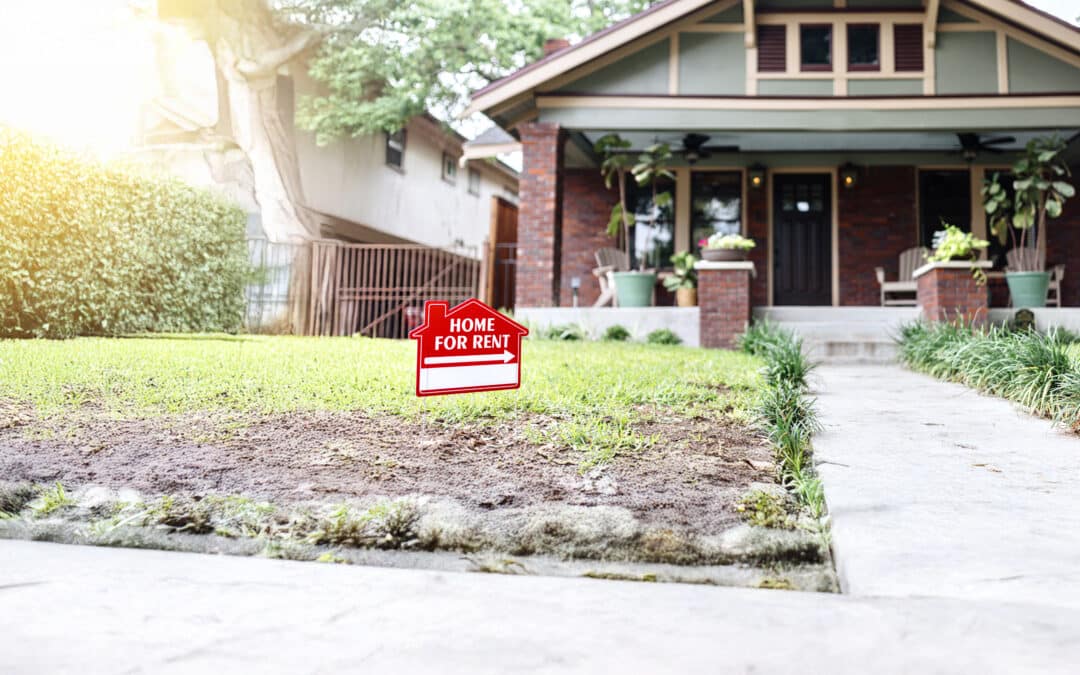One bad deal can cost you many more good ones in the future. Indeed, if bad enough, it has the capacity to break an investor’s future in real estate. This is why there are critical steps you need to take when purchasing a piece of real estate. And due diligence is chief amongst them. It may not be the most exciting topic, but it sure is essential. To avoid falling into the trap of a buying a shiny turd, you must perform proper due diligence.
Create a Process
Creating and following a checklist is a good way to make sure you don’t miss any of the steps along the way. Not everyone’s checklist needs to be identical, but you should definitely have one and stick to it. Items should include:
- Thorough Walkthrough
- Financial Analysis
- Professional Inspections
- Legal Analysis and Title (if necessary)
- Re-trade (if necessary)
- Decide Whether to Purchase or Walk
The due diligence which needs to be discussed is the second one. The first is carried out before an offer is made, and the third and fourth are based on information gathered after carrying out your due diligence. If you’re into houses, then the most crucial is the physical and also the financial aspect.
If the property is on rent, then it is important to get the rent ledger and the operating statement for a year. Another document you will need a copy of is the lease. Check it out to ensure that it is in line with the seller’s words and the utilities are in the tenant’s name. Also, check if there is a weird part in the lease and if standard clauses are made clear on the lease. You could also ask for proof of deposit like bank statements or deposit slips.
Physical Examination
Even if you have walked the property before the offer, you should do it again and more thoroughly this time. This time you will want to put together a detailed scope of work and reevaluate your rehab estimate to make sure it is in line with what you thought when you got the property under contract. You should also check if things like the utilities are working perfectly.
If you are new and don’t know rehab costs well, you can seek the help of an investor or contractor to help you put together a budget. (Offering lunch is a good idea here.) With regards to learning construction costs, it’s helpful to review the line-item bids you get from contractors (on this and previous projects). That should allow you to start getting a feel for what various items in a house cost. You should also check out The Book on Estimating Rehab Costs by J. Scott
If the property is occupied, take careful note of how the tenants treat the property. If it is negative, then you might have a substantial amount of work to do when they eventually move out. And they might be moving out soon as tenants who trash units tend to also be the ones that don’t pay rent.
Inspections
If you’re a new investor, I would definitely advise you seek help from a third-party inspector. If you decide you need to retrade, then a third-party inspection will be a good ace up your sleeve. Inspection reports add a lot of credibility when asking for a discount.
Also, any defect you miss while carrying out your own physical examination will likely be spotted by a professional whose eyes are trained to spot such flaws in a property.
Whether you’re new or experienced, a third-party report is always a good idea. But if you have ample experience and an adequate rehab budget in place (with a contingency for things you might have missed along the way), then you can do without it.
Conclusion
It doesn’t really matter whether a bad deal the next one or two good deals or knocks you out of real estate entirely. The goal is to avoid them entirely. And the best way to do that is to carry out thorough due diligence. It’s rather dull and boring, but it’s absolutely essential.
To find out more, please check out our video on the subject and also subscribe to our YouTube channel.
























0 Comments